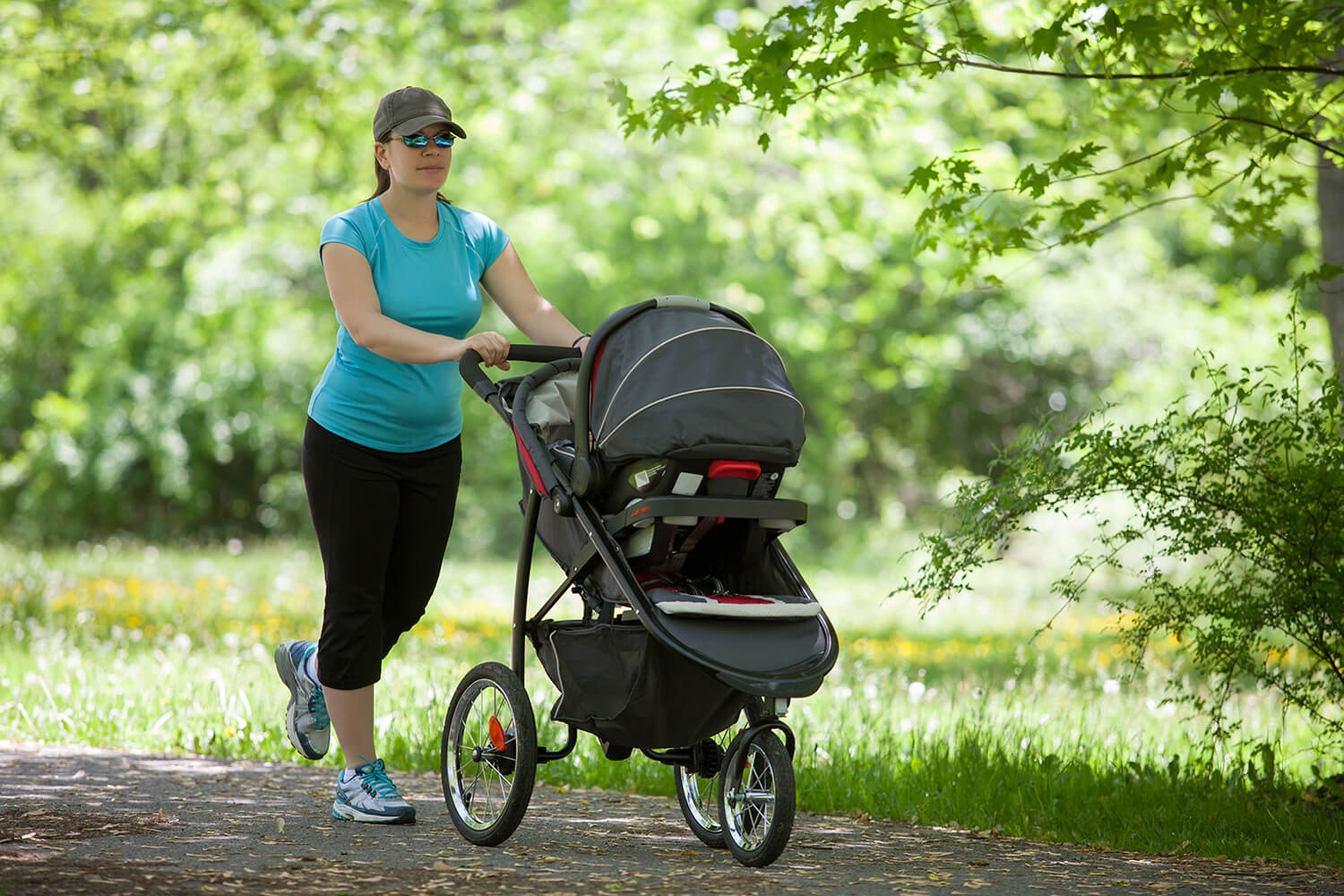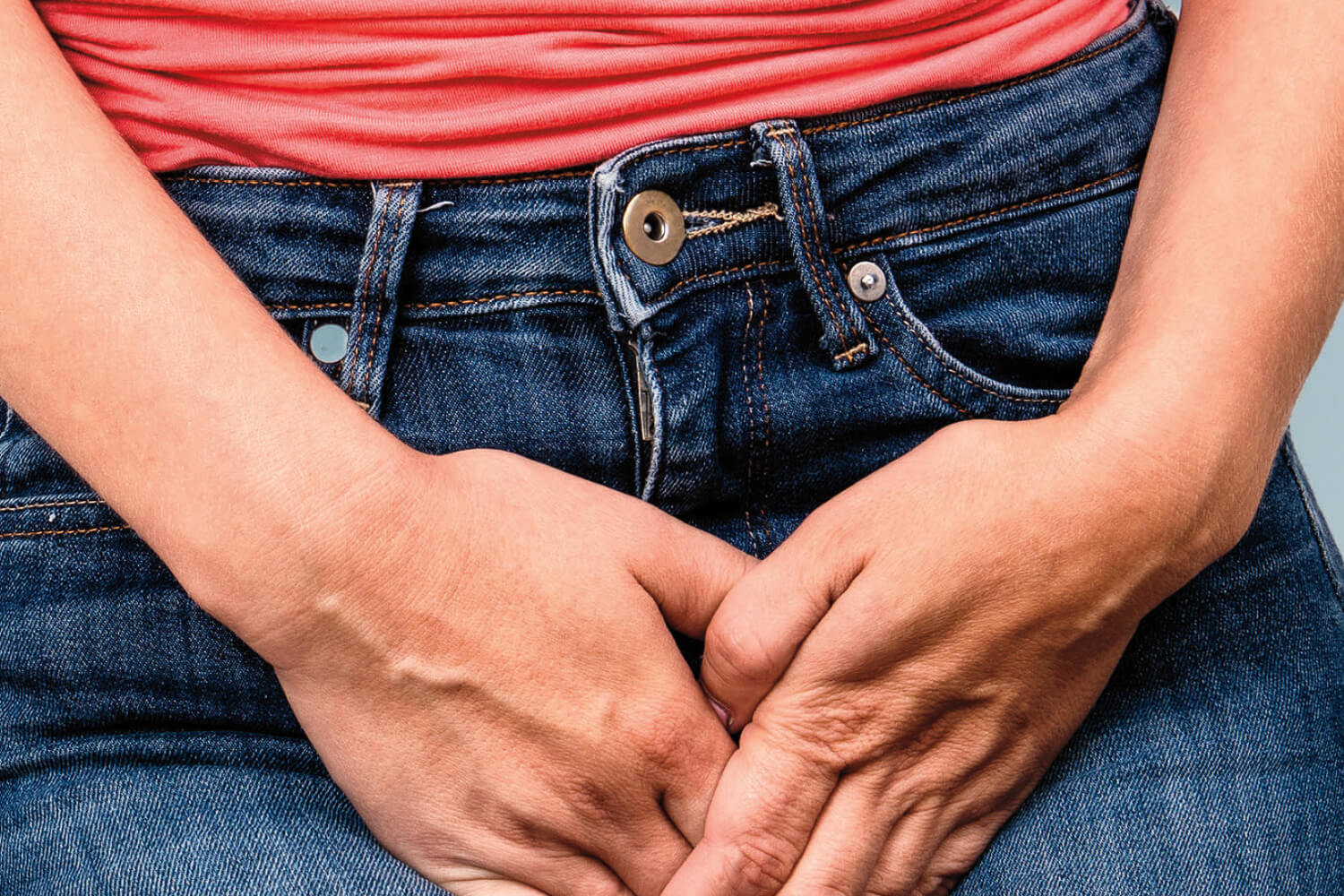Pregnancy Physiotherapy At Personal Best
Pregnancy is a time of great change in the body. Natasha has extensive experience and training to help you be much more comfortable during this period.
Aches & Pains
Changes in weight, hormones and posture can impact many joints in the body. Natasha has the skills to safely and effectively relieve most aches and pains.
Lower Back, Pelvis & Hips
- PELVIC JOINT PAIN
Sacroiliac Joint or Pubic Symphysis Joint dysfunction due to changes in the pelvis width, body weight, posture and hormones affecting laxity of the supporting ligaments - ABDOMINAL PAIN
This is a very common concern in pregnancy. For more information, see Natasha’s blog here - PAIN AT SIDE OF HIPS
Often felt when lying on the side, walking or standing on one leg to put clothes on - LOWER BACK PAIN
Changes to posture, lengthening of the supportive abdominal muscles and carrying a growing bundle around with you all day can bring discomfort in the lower back
Neck, Shoulder & Upper Back Pain
Changes to posture, lengthening of the supportive abdominal muscles and carrying a growing bundle around with you all day can bring discomfort in the lower back.
Carpal Tunnel
Often felt as weakness or pins and needles/ numbness in the hands, especially at night time. Often caused by swelling around the wrists which can reduce the space for the nerves in the wrist area.
Bladder leakage
Many pregnant women experience urinary leakage during their pregnancy due to increased weight and pressure on the bladder from the developing baby. In most cases it will resolve by itself after birth, but it is important to remember that while incontinence is common, it is never normal. Physiotherapy can be useful to address your concerns and talk to you about a pathway forward.
Abdominal Muscle Separation
The stretching and thinning of the soft tissue between the two sides of the abdominal muscles allows space for a growing baby and is completely normal. Where we are more cautious is when there is excessive softness felt between down the midline or if there is excessive doming when doing simple activities like getting up from the floor or getting out of bed. If you are concerned or a health care provider has flagged this could be an issue for you, it is always best to have it checked by a Women’s Health Physio earlier rather than later. There are many things that can be done to help this condition to prevent worsening as the pregnancy progresses and allow for easier recovery of important core strength after birth.




